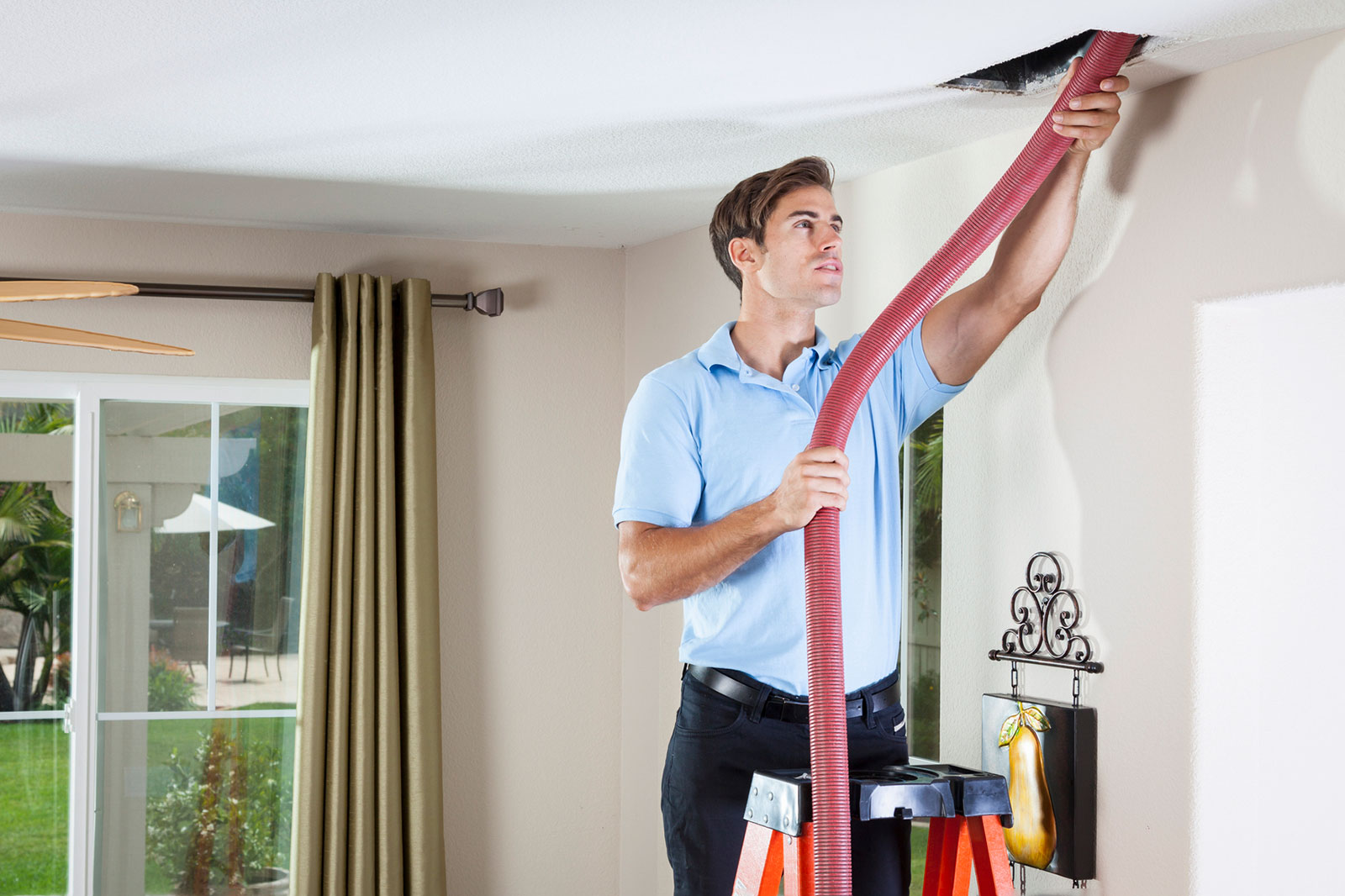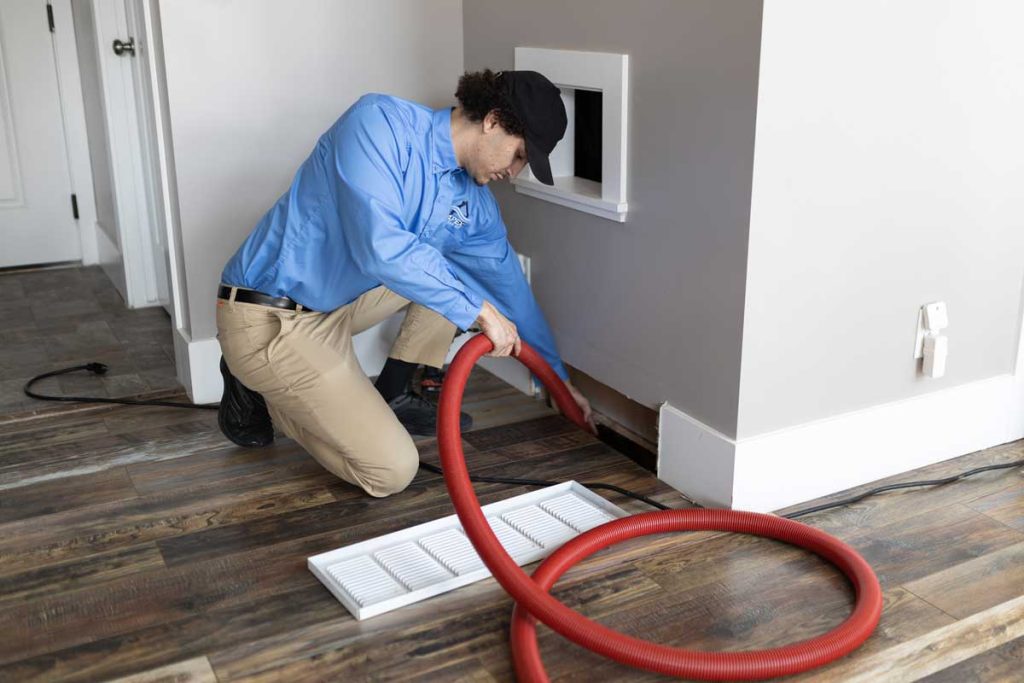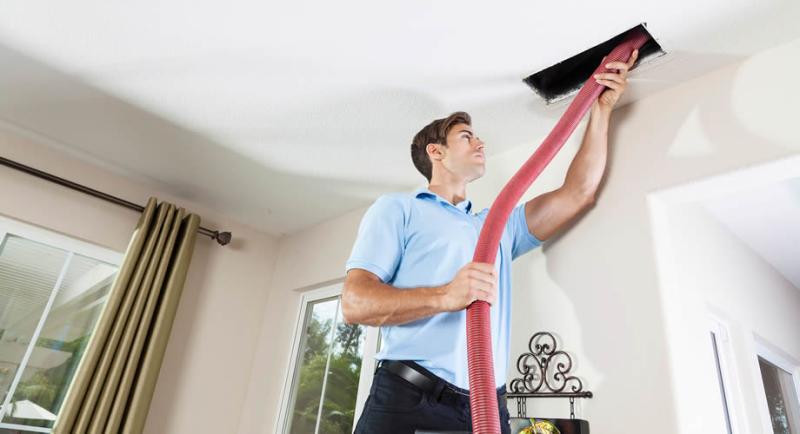When it comes to maintaining a home or business environment, knowing how to seal HVAC system effectively can have a tremendous impact on your comfort and energy bills. Sealing your HVAC system not only helps to prevent air leaks but also ensures that your heating and cooling systems operate efficiently. With the evolution of technology, sealing methods have become more advanced and accessible, making it easier for homeowners and business owners alike to maintain their HVAC systems.

Why Sealing Your HVAC System is Crucial
Sealing your HVAC system is essential for several reasons. Firstly, it helps in improving indoor air quality. By preventing air leaks, you ensure that outdoor pollutants, dust, and allergens do not infiltrate your indoor environment. Secondly, a well-sealed HVAC system operates more efficiently, meaning your heating and cooling units do not have to work as hard, saving you money on energy bills. Lastly, it extends the lifespan of your HVAC system, reducing the need for frequent repairs or replacements.
Identifying HVAC Leaks
Before you can seal your HVAC system, you need to identify where the leaks are. Common areas include ductwork joints, connection points, and around vents and registers. You can use specialized tools such as smoke pencils or infrared cameras to detect leaks. Alternatively, a professional HVAC technician can perform a thorough inspection to pinpoint trouble spots.
Steps to Seal Your HVAC System
1. Turn Off Your HVAC System
Before starting any sealing work, make sure your HVAC system is turned off to ensure safety. You can do this by switching off the appropriate circuit breaker.
2. Clean the Ductwork
Ensure your ducts are clean before applying any sealant. This helps the sealant adhere better and provides a longer-lasting seal. You can learn more about the importance of duct cleaning here.
3. Apply Mastic Sealant or Metal Tape
Use a high-quality mastic sealant or metal tape to cover the leaks. Mastic sealant is a paste-like substance that provides a durable and flexible seal, while metal tape is ideal for sealing smaller leaks.
4. Insulate Your Ducts
Once you have sealed the leaks, add insulation to your ducts to further enhance the efficiency of your HVAC system. Insulation helps in maintaining the temperature of the air inside the ducts, reducing the workload on your heating and cooling units.
5. Maintain Your Sealed HVAC System
Regular maintenance is key to ensuring the longevity and effectiveness of your sealed HVAC system. Schedule regular inspections and cleanings to keep your system in top shape. You can read more about the benefits of regular maintenance here.

Advanced Sealing Technologies
The field of HVAC technology has seen tremendous advancements in recent years. Innovations such as Aeroseal technology have revolutionized the way we approach HVAC sealing. Aeroseal involves injecting a sealant into the ductwork that finds and seals leaks from the inside out. This method is highly effective and can seal even the smallest leaks that traditional methods might miss.
Benefits of Sealing Your HVAC System
Improved Energy Efficiency
One of the most significant benefits of sealing your HVAC system is improved energy efficiency. When your system is sealed, it requires less energy to heat or cool your space, resulting in lower energy bills.
Better Indoor Air Quality
Sealing your HVAC system prevents contaminants from entering your ductwork and, by extension, your living or working space. This results in cleaner, healthier air for you and your family or employees.
Enhanced Comfort
A well-sealed HVAC system provides more consistent temperatures throughout your home or business, eliminating hot and cold spots and ensuring maximum comfort.
Reduced Environmental Impact
By using less energy to heat and cool your space, a sealed HVAC system helps reduce your carbon footprint, making it an environmentally friendly choice.
Common Myths About HVAC Sealing
Despite its importance, several myths surround HVAC sealing. One common myth is that HVAC sealing is only necessary for old systems. In reality, even new systems can benefit from sealing as it ensures maximum efficiency right from the start. Another myth is that DIY sealing is sufficient. While some basic sealing can be done by homeowners, professional sealing ensures that all potential leaks are addressed effectively.
Hiring a Professional vs. DIY Sealing
DIY Sealing
DIY sealing can be a cost-effective solution for minor leaks. With the right tools and materials, you can address some common leaks in your HVAC system. However, it is essential to follow proper procedures and safety guidelines to ensure effective sealing.
Professional Sealing
For a comprehensive seal, hiring a professional is recommended. HVAC professionals have the expertise, tools, and technology to identify and seal leaks effectively. They can perform a thorough inspection and offer solutions that ensure your system is sealed for optimal performance.
Cost of Sealing Your HVAC System
The cost of sealing your HVAC system can vary depending on several factors, including the size of your system, the extent of the leaks, and the sealing method used. On average, homeowners can expect to spend between $500 and $2,000 for professional sealing services. While this may seem like a significant investment, the energy savings and improved comfort make it a worthwhile expenditure.
Signs That Your HVAC System Needs Sealing
If you notice any of the following signs, it may be time to seal your HVAC system:
- Inconsistent temperatures throughout your home or business
- Increasing energy bills
- Excessive dust or allergens
- Weak airflow from vents
- Unusual noises from the HVAC system
Benefits of Professional HVAC Sealing Services
Hiring a professional to seal your HVAC system offers several advantages. Professionals have the experience and tools to identify and seal leaks effectively. They can also provide valuable advice on maintaining your system for long-term efficiency. Additionally, many professional services offer warranties, ensuring that you receive quality service and peace of mind.
Future of HVAC Sealing Technology
The future of HVAC sealing technology looks promising, with advancements continuing to improve the efficiency and effectiveness of sealing methods. Emerging technologies, such as smart HVAC systems, can monitor and adjust sealing in real-time, ensuring optimal performance and energy savings. As technology evolves, homeowners and business owners can look forward to even more efficient and cost-effective sealing solutions.
Conclusion
Understanding how to seal HVAC system is crucial for maintaining a comfortable and efficient environment in your home or business. With the advancements in sealing technology, it has never been easier to ensure that your HVAC system operates at its best. Whether you choose to tackle sealing as a DIY project or hire a professional, the benefits of a well-sealed HVAC system are undeniable. By taking the time to seal your system, you can enjoy improved air quality, lower energy bills, and a more comfortable living or working space.
Frequently Asked Questions
What are the benefits of sealing my HVAC system?
Sealing your HVAC system improves energy efficiency, enhances indoor air quality, provides consistent temperatures, and reduces your carbon footprint.
Can I seal my HVAC system myself?
Yes, you can perform minor sealing tasks yourself with the right tools and materials. However, for a comprehensive seal, it is recommended to hire a professional.
How often should I have my HVAC system sealed?
It is recommended to have your HVAC system inspected and sealed as needed, typically every few years or if you notice signs of leaks.
